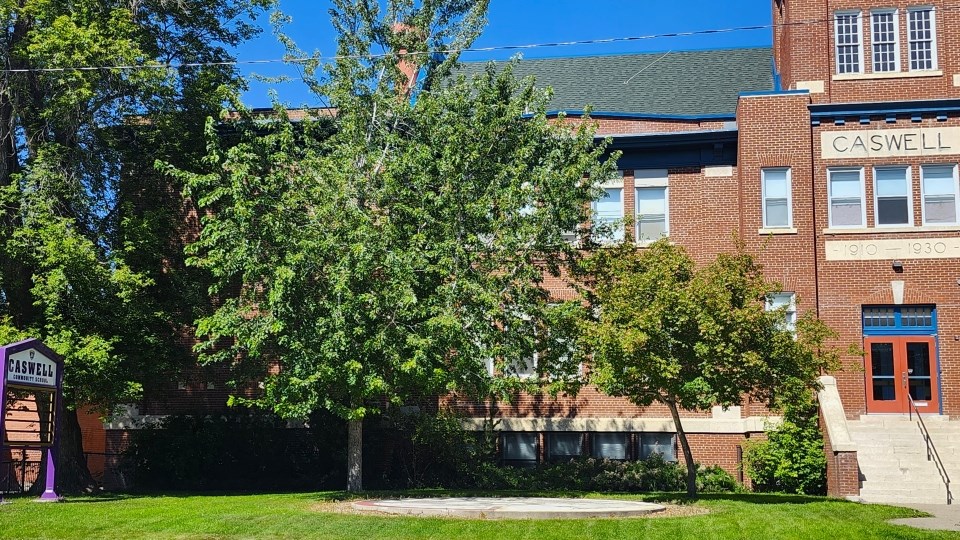SASKATOON — One of the Caswell Community Association organizers said residents are divided on the issue of the planned shelter in the Central Industrial district, across the street from their neighbourhood, and near two elementary schools and Saskatchewan Polytechnic.
Ty Johnston told SaskToday that they had already brought their concerns to the city council via letter, adding that their association cannot speak for all the residents of their neighbourhood.
“Some are happy to see a shelter, provided that it's done the right way, while others are opposed to the location altogether. Almost everyone has mixed emotions,” said Johnston, who added that safety and security are two of the main concerns raised.
The non-profit group The Mustard Seed will be operating the 60-bed enhanced emergency shelter, building the facility on land owned by the government at 170 31st Street East, located behind the Hailey Bailey Aquatic Centre.
Some of the shorter comments had residents saying the property value in the neighbourhood just dropped. At the same time, another one suggested putting the facility near University Drive and “see how that would go.”
Another resident, however, hopes that the facility, once it begins operations, will have security officers and panic alarms, in addition to having an adequate number of staff to provide service to those who will be staying at the shelter.
Johnston said they have no information about the timeline for The Mustard Seed to have the shelter built and operational, adding that consultations were not done with Caswell residents.
“Regrettably, the community association was not consulted. However, we have done our best to reach out to the city and The Mustard Seed to build relationships around this project,” added Johnston.
He added that their association wanted the shelter to address the health and wellness of those who would be staying at the facility, where they could access mental health and addiction support programs, in addition to helping them obtain permanent housing and employment.
Helping homeless individuals with their mental and addiction issues, and getting a job and a low-cost housing unit would have a long-term effect on homeless individuals, as they could get back on their feet, the organization said.
Cultural practices are also an important aspect, as they would help create a welcoming and inclusive environment, including trauma-informed staff for Indigenous Peoples, as well as perspectives from newcomers and the LGBTQ2S+ communities, Caswell Community Association added.
They also noted that staff should also keep the surrounding area of the facility clean, including the possible pickup of needles. A program for health and safety incidents, with contact information and reliable follow-up, will help neighbours feel connected to solutions.




